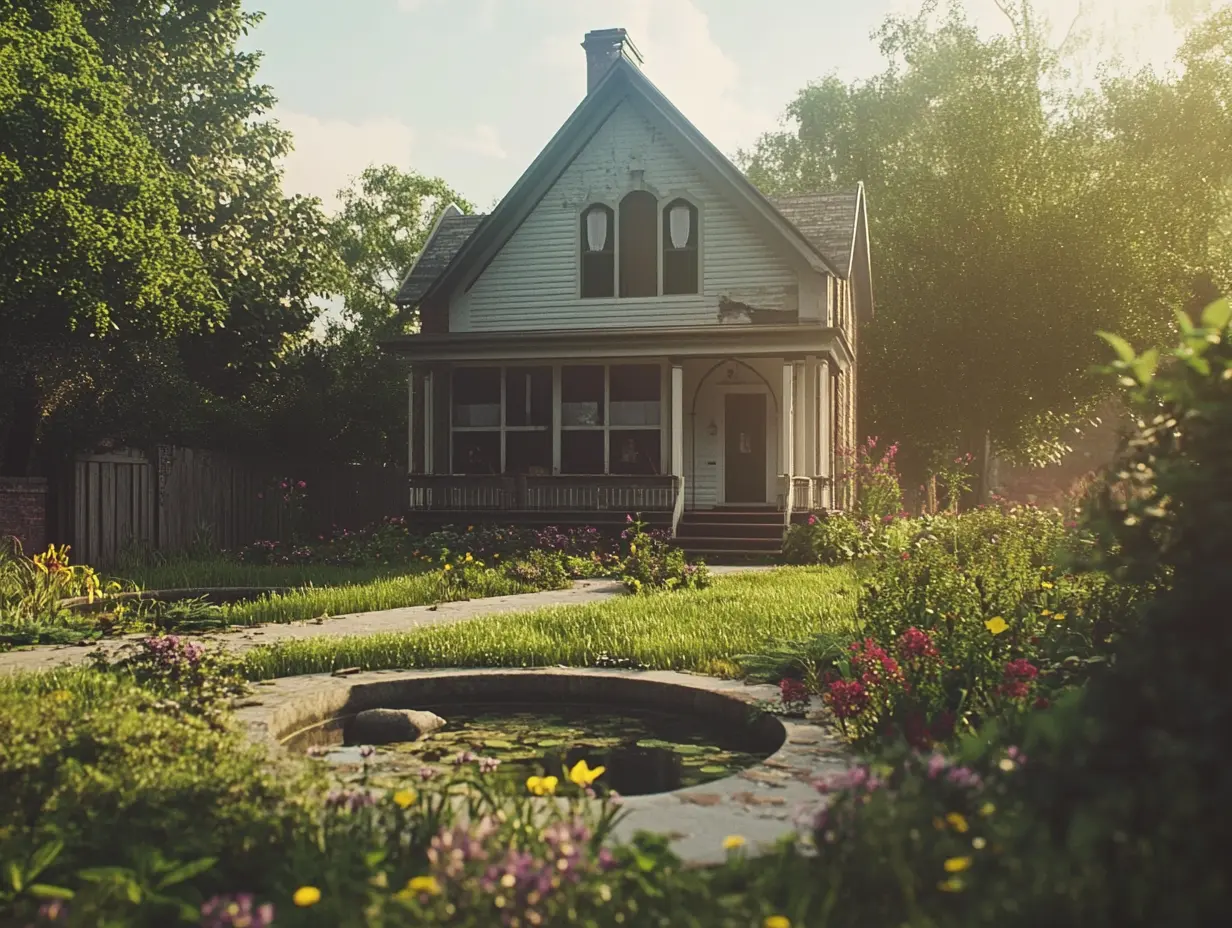Clarence Briggs stood at the edge of his lawn, staring at what used to be a tidy flower bed. Tulip stems were crushed, soil kicked up, petals torn like confetti in the grass. Tire tracks sliced right through the middle, careless and clean. His chest tightened as cold air filled his lungs.
It wasn’t just a flower bed. His late wife, Helen, had planted those tulips fifteen years ago. Every spring, he’d cared for them like they were glass. But this morning, they were ruined—flattened by someone too lazy to take a proper detour.
Clarence didn’t shout. He didn’t wave his fist. He just stood there, broom in hand, heart sinking. It wasn’t just the damage. It was the helplessness. The erosion of peace, bit by bit. And as the wind rustled the broken stems, Clarence knew one thing for certain: this wasn’t going to happen again.

Clarence Briggs had lived in the same house for over forty years. It sat at the quiet end of Ashberry Lane, just before the woods picked up. He liked it that way—peaceful, tucked back from the noise. The kind of place where things stayed put, and you could breathe.
His wife, Helen, had passed eight years ago, and the silence had deepened. But Clarence didn’t mind the quiet. He had his routines. Morning tea with a splash of honey, a crossword puzzle in pen, and long, steady hours spent tending the yard. That yard had become his pride.

Every week, he mowed the grass with slow, deliberate rows. He pruned the hedges by hand, not clippers, because it gave him more control. His flower beds changed with the seasons—daffodils in spring, marigolds in summer, and a trim patch of asters come fall.
It wasn’t flashy, but it was loved. Clarence believed that a man’s yard said a lot about him. A clean lawn meant you paid attention. A weeded bed meant you had standards. His yard, neat and symmetrical, with gravel paths and soft lights, was the kind neighbors paused to admire.